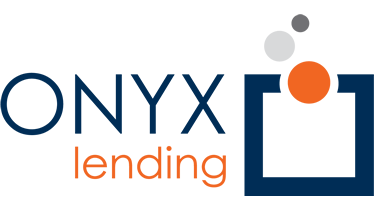
Your home may be the largest asset you own. We can provide you with the information you need to make informed refinancing decisions. What’s your refinancing goal?
Important Questions
Increased cash flow. Your loan’s monthly payment typically decreases with a lower interest rate.
Potential to switch to a different loan type. If you have an adjustable-rate (ARM) or a balloon mortgage, a reduced interest rates may make a fixed-rate mortgage more desirable, especially if you want the stability of an interest rate that does not change over time.
Reducing the Terms of your mortgage. Refinancing may make it possible to switch to a shorter-term mortgage. You may also be able to pay a larger principal balance down without the current prepayment penalty of your current mortgage and build equity faster.
Opportunity to access the equity in your home. While you’re lowering your interest rate, you may want to consider using the equity in your home to pay for major purchases or to make home improvements.
This type of loan is known as a cash-out refinance.
Early Payment Penalty for Current Loan
Origination Charge: Some investors charge an origination fee such as application or processing. Your loan advisor can discuss whether the benefits of refinancing can counterbalance such fees.
Discount Points: Some investors charge discount points to lower your interest rate further. (Discount Points may be tax deductible. Consult your tax advisor regarding tax affects of refinancing as well as discount points). You may be able to finance points as part of your mortgage amount
Settlement/Vendor Fees: Depending on your situation, you may need to pay for appraisal, credit report, title search, and other title insurance fees.
Income: Usually obtained from tax returns, bank statements and pay-stubs, most investors look to see that you have a reliable, continuing source of income to make monthly payments.
Current Debts and Credit History: Usually obtained from your credit report, investors will look to ensure you pay your bills, loans, credit cards and other debts on time. There are however many new loan options you may qualify for if your credit has been affected due to historical circumstances. We can help you review your options.
Assets and Available Funds: Usually obtained from bank statements, investors will look to make sure you have enough funds for closing costs. In some cases you may be able to use a gift from a relative or friend. In some cases you will also have to demonstrate that you have additional funds in your accounts to cover several months of mortgage, tax, and insurance payments.
The Property: Information obtained from the appraisal will be used to assess that the property meets the investors underwriting requirements and sale value.
Other factors are also important, such as your debt-to-income ratio, which is the percentage of income towards your monthly debt. A good rule of thumb is to keep your total debt level at or below 36% of your gross monthly income.


